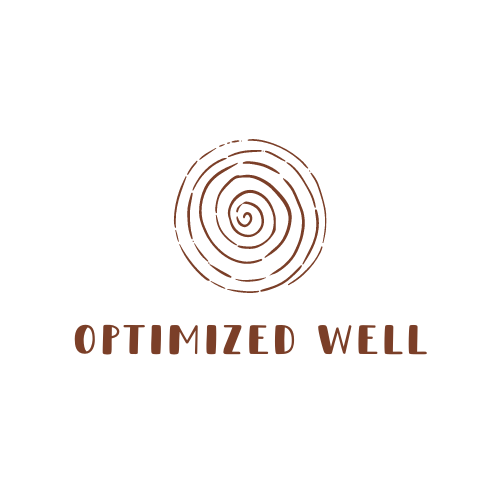Brands We Love

Why Talking About Mental Health Matters More Than Ever
Mental health impacts every part of daily life—focus, relationships, energy levels, and physical wellbeing. Yet for decades, it’s been pushed to the sidelines. People struggle silently, afraid of being judged or dismissed. But that silence has consequences. Talking about mental health isn’t just helpful—it’s necessary.
Why Silence Makes Things Worse
When mental health issues are hidden, they grow heavier. People are less likely to seek support, which can lead to worsening symptoms, isolation, and in severe cases, harmful outcomes. Silence fuels shame. The more we treat mental health like a secret, the more damaging it becomes for individuals and communities alike.
Open conversations, on the other hand, give permission. They signal that it's okay to speak up and ask for help. Whether it’s anxiety, burnout, or depression, naming what you’re going through can be the first step toward feeling better.
Mental Health Is Just Health
Talking about a sprained ankle or sore back is considered normal. But mental fatigue or panic attacks are often met with discomfort or dismissal. This imbalance needs to shift. Mental health is not a weakness or a personal failing—it’s a health matter that deserves the same care and attention as any physical condition.
By treating it that way, we create space for solutions—like therapy, mindfulness, sleep improvement, regular movement, and tools for emotional regulation.
Everyday Spaces Matter
Mental health conversations don’t only belong in therapy rooms. They belong at dinner tables, in schools, at workplaces, and gyms. When everyday environments become more open and supportive, people are more likely to speak up and seek solutions.
Even small actions—checking in on a friend, being honest when asked how you’re doing, or sharing your coping tools—can break the silence.
And for many, movement is a powerful part of mental resilience. Regular physical activity supports mood and clarity, and having the right tools can make consistency easier. Brands like White Lion Athletics offer gear that supports both beginners and advanced fitness routines. Whether it’s a weight set for stress relief or mobility tools for recovery, investing in movement supports both body and mind.
What Helps Normalize Mental Health
Language: Use clear, respectful words when talking about mental health. Avoid labels. Speak from empathy.
Listening: Give others space to talk without trying to fix them. Listening without judgment is powerful.
Education: Learn what mental health conditions look like. Awareness makes it easier to respond with compassion.
Visibility: Public figures and everyday people speaking openly help shift the culture.
Support Systems: Encourage routines that include rest, movement, creative outlets, and connection.
Removing the stigma around mental health starts with consistent, honest conversation. When more people speak up, shame loses its grip, and support becomes easier to find.
One or more of the links above are affiliate links, meaning, at no additional cost to you, we will earn a slight commission if you click through and make a purchase. Each of these products is chosen by a trusted member of our team.

© 2024 Optimized Well | Terms of Service
